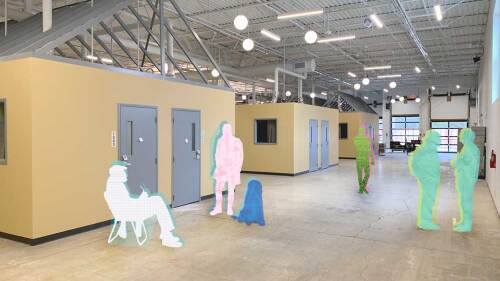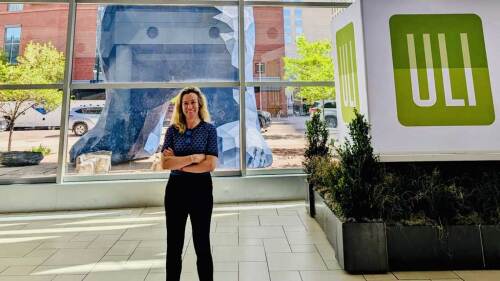Public/private partnerships (P3s) are critical to fixing aging transportation infrastructure and building new mass transit options across the United States, which has failed to maintain the world-class interstate and bridge systems it was once known for, said former U.S. Transportation Secretary Ray LaHood in remarks that concluded a ULI conference on public/private partnerships held in Detroit.
Compared with other countries, “We have not kept up,” he said. “America is not number one in infrastructure any longer.”
According to LaHood, now a senior policy advisor with DLA Piper, the federal government has neither the vision nor the money to lead the way on transportation as a driver of economic development and community building. That leadership, he said, must come from local and state elected officials, private investors, community leaders, and the philanthropic sector to craft creative deals to leverage the precious few federal dollars that are out there.
Detroit, he said, is the perfect example of a community that unified around a single goal: the M1 streetcar project, a 3.3-mile (5.3 km) fixed rail line that will run along the city’s historic Woodward Avenue, linking downtown with midtown and the New Center neighborhood.
The M1 rail project is expected to stimulate economic development within downtown Detroit, which has seen enormous growth in commercial investment and new businesses, and surrounding areas, which still bear the signs of neglect and retreating investment with empty storefronts and vacant or underused buildings. The M1 is also expected to boost the population of young professionals in Detroit, many of whom are now on waiting lists to move into the few residential projects that have come on line.
“All of these P3s aren’t just good for communities and . . . for rebuilding,” LaHood said. “They create jobs for friends and neighbors . . . who build the community . . . and become an economic engine, not unlike the Interstate Highway System.”
As secretary, LaHood visited the city 15 times over four years, granting $25 million in federal TIGER (Transportation Investment Generating Economic Recovery) funding to the M1 streetcar project before leaving office. M1 Rail, a coalition of business and philanthropic interests, committed $100 million to the project.
“These are the people who are going to rebuild Detroit, not anybody in Washington, D.C.,” he said. “P3s work for one reason and one reason only—when communities come together.”




